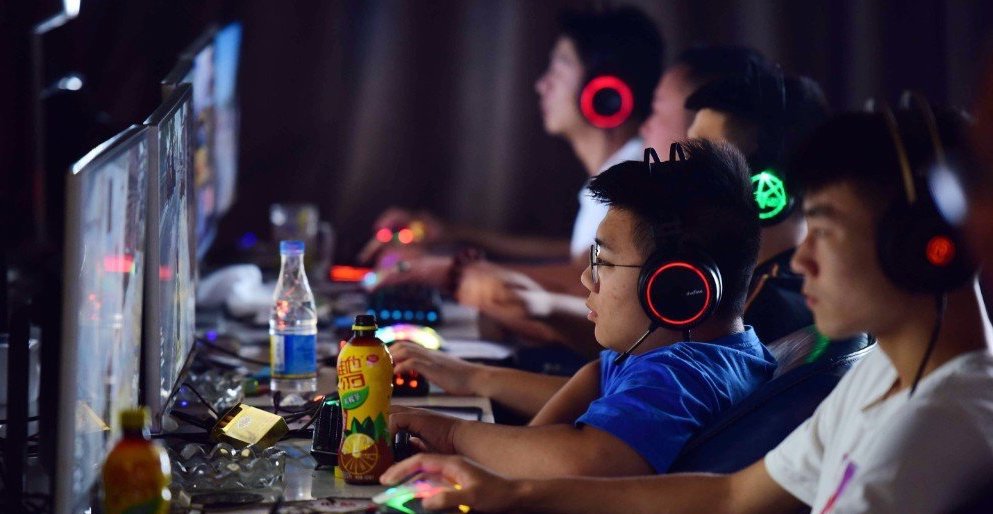
Photo from unherd.com
One of the hallmarks of being a kid is staying up late with your friends and playing video games. Video games are so intrinsic to the daily lives of teenagers that they have become one of the most popular pastimes – unless you’re a kid living in China. Recently, China passed a law restricting the amount of time all minors can spend gaming — their access to gaming platforms has been limited to a mere three hours on weekends.
This new policy is an effort by the government to help the country’s youth maintain physical and mental health. Gaming has become so popular that many adolescents have become addicted and feel uneasy when unable to game — what China refers to as “spiritual opium.”
Parents in China have been worried about their children’s gaming habits and as such, are content with this regulation. Many parents felt the struggle of prying their kids away from gaming devices; for those parents, having the government shoulder the responsibility of regulating their children’s leisurely screen time took off stress and even improved the relationship with their kids. However, such a limitation being imposed by the government on private citizens is problematic for several reasons.
While gaming does have the potential to be detrimental to one’s well being and health, it can also be a form of relaxation. Research performed by the American Psychological Association showed a correlation between gaming and improved mood, lower levels of anxiety, and increased relaxation. Especially during a pandemic where lockdowns are difficult to anticipate, many kids have turned to games for social interaction. Taking this outlet away from teens can exacerbate the feeling of loneliness.
Similarly, the gaming industry has become one of the most lucrative industries, with 45.6 billion dollars of revenue in China in 2021. Preventing young people from playing games can have long-term effects on the financial industry as well: shares of some of the largest gaming companies, Tencent and Netease, have experienced plummeting shares. In Hong Kong, Tencent fell 8.48%, and Netease fell 11%.
The Chinese government implemented the gaming ban due to runaway economic growth in tech, education, and property as well as to support their goal of strengthening government control over these sectors. Policymakers also felt that children needed to prioritize their academics and wellbeing over playing games. Xinhua, China’s state-run news agency, stated, “Protecting the physical and mental health of minors is related to the people’s vital interests, and relates to the cultivation of the younger generation in the era of national rejuvenation.”
Many have argued against the policy, saying that the government shouldn’t be able to control citizens’ leisure time. Dr. Rachel Kowert, a researcher in video-game psychology, said, “We need better media literacy on what games are and what they’re not, especially as they promise to remain the dominant form of media consumption in the 21st century.” Dr. Kowert proposed that a better solution would be for parents to find a way to help their children strike a balance between games and wellbeing. However, she also criticized the comparison between video games and opium addiction, stating that the level of dopamine release by video games is “similar to that reached when a person consumes potato chips — not illicit drugs.”
While the attempt to ban games is starting to take effect, adolescents have already found ways around the ban. For example, they could use different devices or their parents’ logins to avoid the restrictions. Ultimately, it is up to the parents to educate and monitor their children’s lifestyles. Although the issue of video game addiction is real, the government should not implement such a harsh crackdown on citizens’ private lives and leisurely activities. If gaming is genuinely disruptive in a child’s life, it is the parents’ responsibility to take action.




